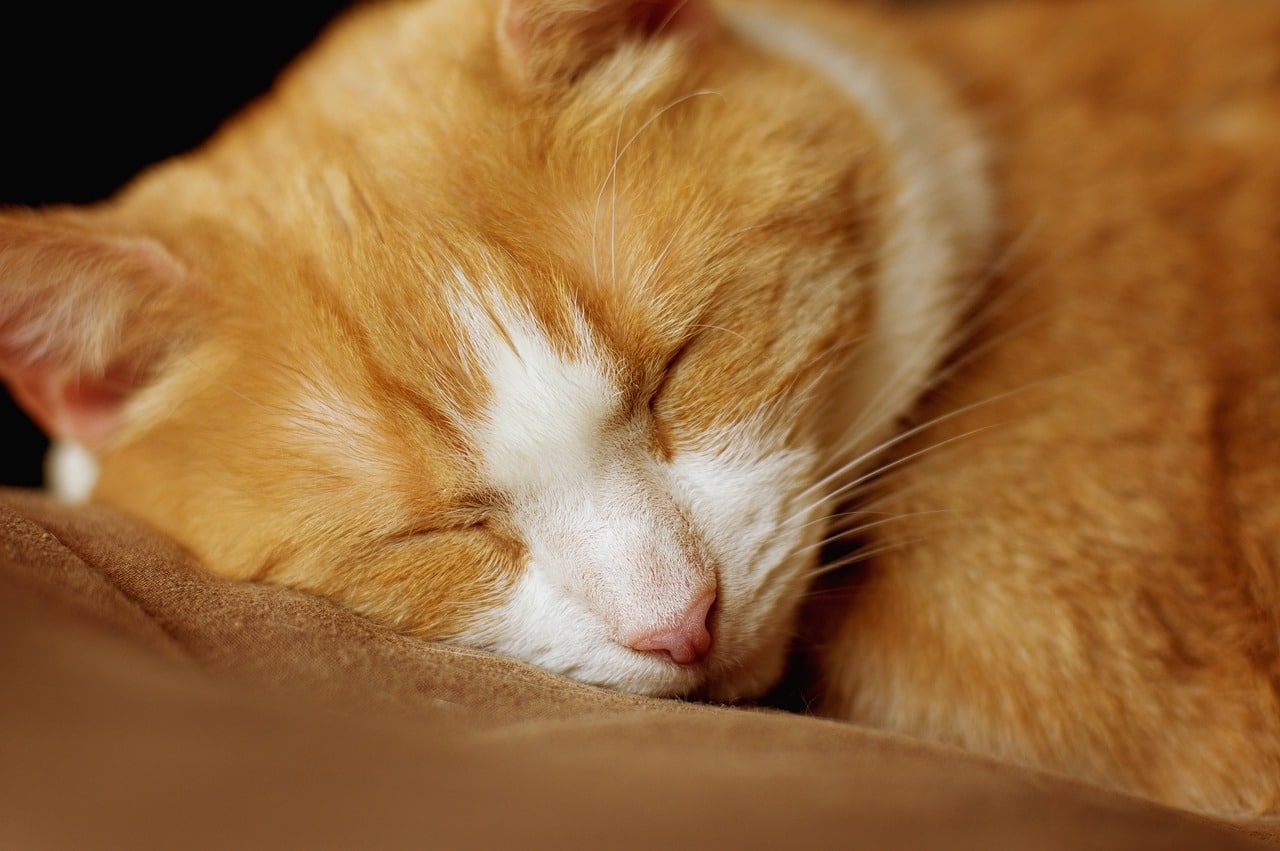How to Help a Cat Adjust After Losing a Fellow Pet?

Losing a pet is a painful experience for any pet owner, but it can also deeply affect other pets in the household. Cats, much like humans, form strong emotional bonds with their furry companions. When a fellow pet passes away, your cat may go through periods of grief, manifesting in changes in behavior, appetite, and overall demeanor. Helping your cat cope with this loss requires understanding, compassion, and time.
Understanding Cat Grief
Cats are emotional creatures. They may not speak our language, but their behavior can provide insight into their feelings. Grieving in cats is not entirely understood by science, yet it is observable. The loss of a companion pet can lead to alterations in your cat’s behavior. You may notice your feline friend becoming more aloof, less playful, or displaying changes in eating habits.
Also to see : How to Deal with Inappropriate Urination in Adult Dogs?
Grief in cats is not a one-size-fits-all process. Some cats might become more clingy after the loss, seeking your comfort and affection more than usual. Others might withdraw, spending more time in isolation. Changes in sleep patterns and unusual vocalizations are also signs that your cat may be mourning the loss of their fellow pet.
Assisting Your Cat through the Grieving Process
Helping your cat navigate through their grief is crucial in ensuring their well-being. There are a few ways you can help your cat adjust after losing a pet companion.
Additional reading : What’s the Best Way to Introduce a Puppy to Water for Swimming?
Firstly, maintaining a normal routine can provide a sense of security and normalcy for your cat. Keeping feeding times, playtimes, and snuggle times consistent can reassure your cat that not everything in their world has changed.
Providing extra comfort during this time is essential. Spend more quality time with your cat, giving them extra cuddles, pets, and playtimes. This physical contact can be soothing and provide a distraction from their grief.
However, do not force interaction. If your cat chooses to isolate themselves, respect their space. Cats are solitary creatures by nature and may need some time alone to process their feelings.
Recognizing When Professional Help is Needed
Sometimes, a cat’s grief can lead to more severe issues such as refusal to eat or drink, severe lethargy, and prolonged periods of isolation. These signs indicate that your cat’s grief may be negatively impacting their health, and veterinary intervention might be necessary.
If your cat refuses food for more than a day or two, a visit to the vet is crucial. Cats that don’t eat can quickly develop a dangerous condition called hepatic lipidosis, or fatty liver disease. This condition can be life-threatening and requires immediate veterinary care.
A drastic change in your cat’s behavior that lasts for more than a couple of weeks may also be a cause for concern. While it’s normal for cats to have an adjustment period following the loss of a companion, prolonged behavior changes can be a sign of depression. If you suspect this is the case, consult with your vet about possible treatment options to help your cat cope.
Introducing a New Companion
After a period of grieving, you may consider introducing a new pet into your household. It’s crucial to note that this should not be done immediately after the loss, as your cat needs time to adjust to the changes.
Introducing a new pet into the household should be done slowly and with care. Consider your cat’s personality and habits when choosing a new companion. If your cat is older and less playful, a high-energy kitten might not be the best match.
When you bring the new pet home, keep them separated from your cat initially. Gradually introduce them by swapping scents on blankets or toys, then allowing supervised meetings until they are comfortable with each other.
Remember, patience is key. Your cat may be hesitant to accept a new companion, but with time, they may form a strong bond and find comfort in their new friend.
In summary, helping a cat adjust after losing a fellow pet requires understanding, patience, and time. Recognizing the signs of grief in your cat, providing extra comfort and maintaining routines, recognizing when professional help is needed, and carefully considering the introduction of a new companion can all help your pet navigate this challenging time. Remember, you’re not alone in this journey. Reach out to your vet or a pet bereavement group for further support as needed.
Monitoring Your Cat’s Health during the Grieving Process
As a pet owner, monitoring your cat’s health during the grieving process is vital. This period can be stressful for your feline friend, potentially leading to various health conditions. Cats may exhibit changes in their eating habits, such as refusing their usual cat food or showing a decreased appetite. This change can result in weight loss or even malnutrition if the animal doesn’t eat enough over an extended period.
Sometimes cats may also refuse to drink. Dehydration can result from this behavior, which is a serious health concern. Cats can become dehydrated quickly, leading to lethargy, dry gums, and sunken eyes. If your cat shows signs of dehydration, contact your vet immediately.
Remember, watching out for these behavioral changes is essential to ensure your surviving cat remains healthy after loss. Keep an eye on both physical and behavioral signs, such as refusal of food or drink, excessive sleeping, or any unusual behavior.
Furthermore, note that there are specific diets, such as a science diet or prescription diet, that can help improve your cat’s health during this difficult time. Consult your vet for the best dietary advice for your grieving cat.
The Role of a Balanced Diet in Helping a Grieving Cat
During the grieving process, providing your cat with a balanced diet is essential. This includes a mix of protein, fats, and carbohydrates, which are crucial for maintaining your cat’s health. Whether you are feeding your cat with cat food or dog food (which some cats may prefer), ensuring it is nutritionally balanced is key.
Protein is particularly vital for cats as it provides the essential amino acids they need. Cats also require more fat in their diet compared to dogs. Fats provide cats with the most concentrated source of energy and help absorb vitamins. Carbohydrates, on the other hand, provide additional energy and aid in digestion.
Supplying your cat with a balanced diet helps in maintaining their energy levels and supports their overall well-being. Brands like Science Diet offer specially formulated cat food for adult cats, taking into consideration their nutritional needs during this difficult time.
Therefore, providing a balanced diet to your grieving cat can go a long way in assisting them through the grieving process and ensuring their health and well-being.
Conclusion
In conclusion, helping a cat adjust after losing a fellow pet is not an easy task. Cats grieve just like humans do, and understanding their grieving process is the first step in providing the necessary support. Signs of grief in cats range from behavioral changes to health conditions, all warranting keen attention.
Maintaining normal routines, providing lots of comfort, and offering a balanced diet can significantly help your cat navigate this difficult period. It’s crucial to recognize when professional help is needed and not to rush the introduction of a new pet companion.
Remember, patience, understanding, and time are the three pillars of helping your cat adjust after loss. Don’t hesitate to reach out for professional help if you observe prolonged signs of grief in your cat. And while the loss pet experience is challenging, with care and love, your feline friend can come out on the other side stronger.
